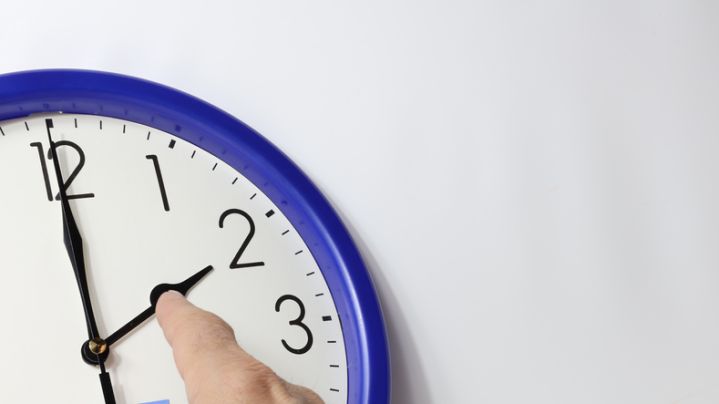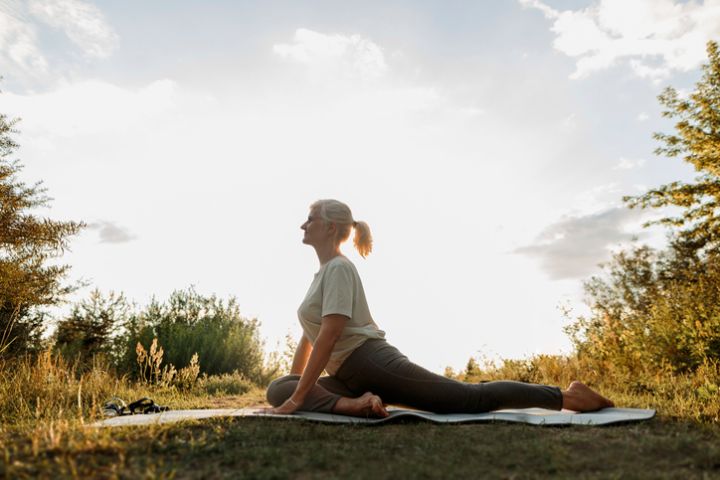
Source: liveslow / Getty
Ready or not, shorter days and early sunsets are coming in a little over a week.
Daylight saving time ends on Nov.5 and while the hour extra of sleep is always appreciated on the day of the time change, the end of daylight saving time can sometimes leave people feeling out of whack and sluggish.
According to experts, the end of daylight saving time can also trigger negative health impacts such as seasonal affective disorder as a result of the decrease in daylight.
Additionally, turning the clocks back one hour can really impact your productivity and energy levels and cause sleep deprivation.
Below are some ways you can prepare your mind and body for the upcoming seasonal change.
Get Breaking News & Exclusive Content in Your Inbox:
6 Tips To Help You Prepare For The End Of Daylight Saving Time was originally published on 92q.com
1. Go outside and get some sun while you can
 Source:Getty
Source:Getty
Help keep your internal clock consistent by going outside the first morning to soak up some daylight right away! A nice stroll outside can boost serotonin and help prevent that drop.
2. Keep a regular sleep schedule
 Source:Getty
Source:Getty
Go to sleep around your usual time to maintain your regular sleep-wake schedule. After the time change, continue to maintain the same bedtime each day to help reset your body’s circadian rhythm.
3. Exercise to Boost Mood and Energy
 Source:Getty
Source:Getty
Exercise helps boost energy levels, which help you cope with some of that extra fatigue you might be feeling, given the shortage of sunlight and new time!
4. Set Your Clocks Before Bed
 Source:Getty
Source:Getty
Although the time change doesn’t officially occur until 2 a.m., set your watch and household clocks to the new time before you go to bed. This helps you hit the ground running and avoid any timing mishaps on Sunday.
5. Consider Relaxation Techniques
 Source:Getty
Source:Getty
Deep breathing to mindfulness meditation, can bring calm to your mind and body and make it easier to smoothly transition into sleep. Additionally, relaxation methods may also come in handy if you find that you’ve woken up in the middle of the night.
6. Take a Short Nap if Necessary
 Source:Getty
Source:Getty
Naps are best in the early afternoon when most people experience a dip in wakefulness. However, avoiding naps that are too late in the afternoon or evening is also important because they can make it harder to fall asleep at night, exacerbating misalignment of your sleep schedule.







